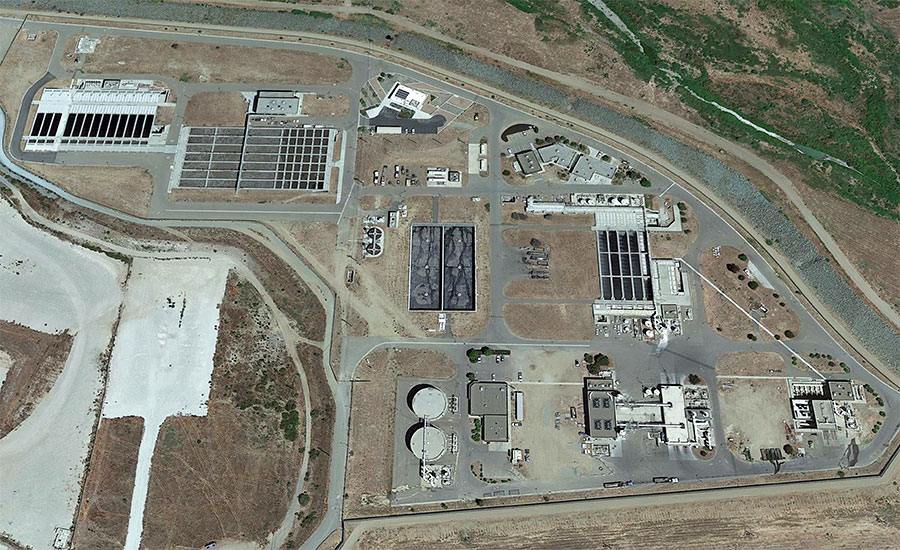The continuing resolution signed Dec. 21 by President Joe Biden to fund the federal government through March includes $250 million for the U.S. International Boundary and Water Commission plan to repair and expand the South Bay International Wastewater Treatment Plant in San Diego County, Calif. The overall plant construction plan will cost $600 million, with $350 million already committed in previous funding rounds.
The plant, owned by the U.S. section of the bi-national border agency, has fallen into disrepair over the last two decades while Tijuana, among other border cities, has seen growth in manufacturing. Water treatment infrastructure on the Mexican side of the border has failed to keep up with development, sending raw sewage through the Tijuana River and into San Diego County.
Stantec and PCL were selected in March as design engineer and contractor, respectively, for the project.
"This funding will help us continue our mission of protecting the public health of communities along the U.S.-Mexico border." the U.S. section said in a statement.
Local officials in California, and the Commission itself, have previously stated that fixing the South Bay plant is not the only step needed to stop transboundary raw sewage flows, and that Mexico must also fix infrastructure causing the pollution.
Commissioner Maria-Elena Giner said in a letter in January 2024 that, after a visit with Mexican counterparts and other authorities, "we still have not seen any improvement in wastewater flows, specifically regarding reductions in both transboundary flows" in the Tijuana River and into the South Bay Plant.
In October, the Commission backed an environmental study of the effects of the sewage flows coming into communities such as Imperial Beach and Chula Vista. The commissioner of the U.S. section is a presidential appointment and it's not yet known if Giner will continue in that role in the incoming Trump administration.
She told the Voice of San Diego, a local publication, that when she took over as commissioner in 2021, she found handwritten lists of broken equipment across 12 agency field offices along the border and that there was no central system to track maintenance or inventory commission equipment.
Veolia Water, the engineering consultant that manages the plant for the commission, has been sued by residents as well as by San Diego County commissioners over the ongoing sewage crisis. It has maintained that the plant, designed in the 1990s, was never meant to handle wastewater flows coming across the border and that current problems are not its fault.
"Fixing the American component of the regional wastewater system is an American priority," said Karine Rougé, CEO of Veolia North America’s municipal water division. "We are deeply grateful to Congress and especially to San Diego’s congressional delegation for delivering funding to protect residents, communities, businesses and military installations that rely on a clean coastal environment."
She also said more will need to be done to fix the water situation on both sides of the border.
"Veolia’s dedicated staff has worked around the clock for years to operate the South Bay plant despite challenging conditions," Rougé said. "While we will continue to advocate that Mexico meet its obligations to properly treat raw sewage that flows into San Diego through other channels, a modernized and upgraded South Bay facility is a critical component of any lasting and holistic solution."




